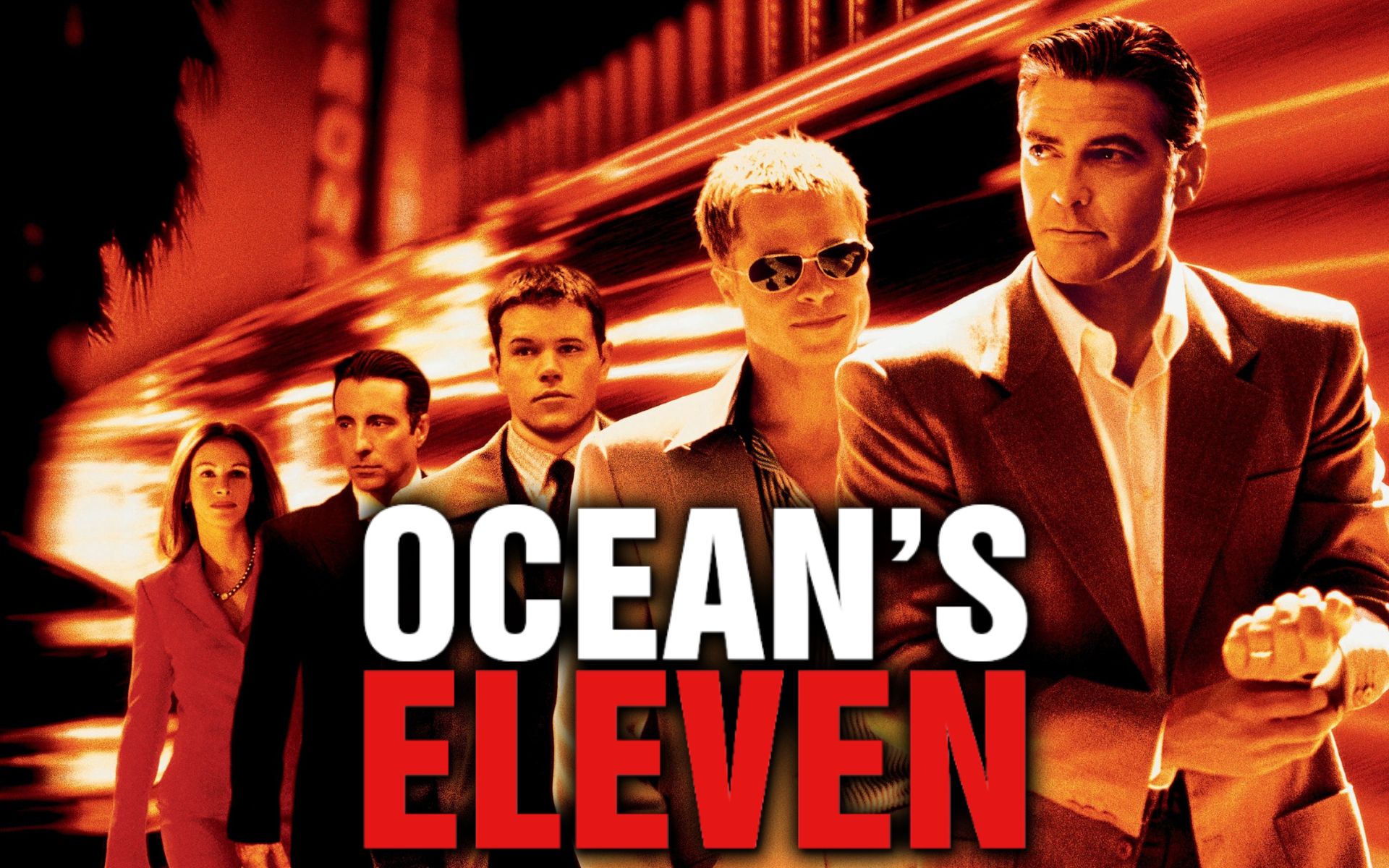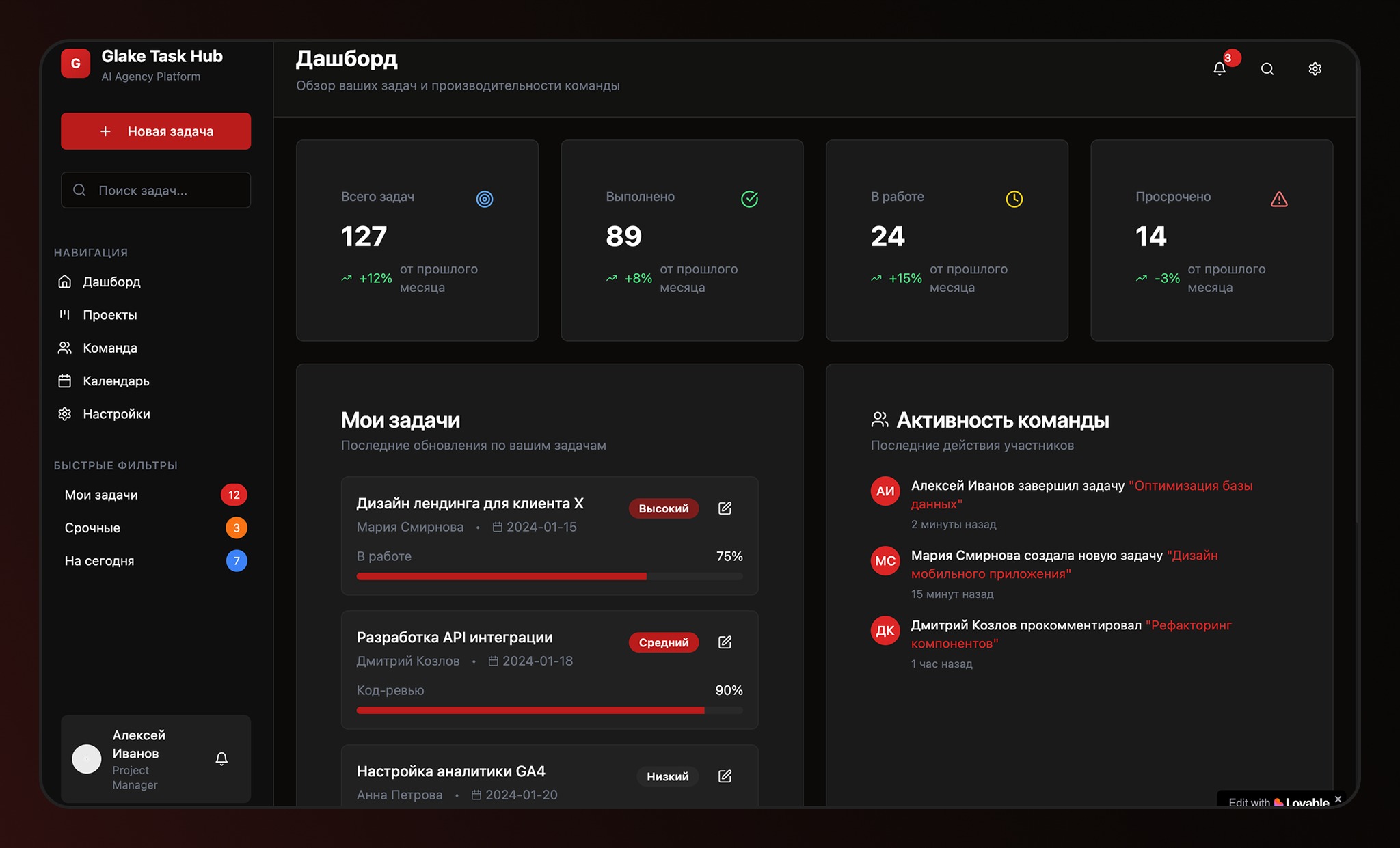One of the most talked about topics of the weekend just ended was a debate between two flat-earthers and two science communicators, moderated by a YouTuber. Geordie Wilde. On one side of the table, Mr. Tartary and Rimbel, defending the conspiracy, and on the other Javier Santaolalla and Rocio Vidalbetter known as Schrödinger’s Cat. Each brought their own arguments for or against the flat Earth theory. The result left no one indifferent, but it was not without controversy.
The controversy has given rise to a second debate between those who believe that it was very right to contrast these two positions and those who believe that this type of situation only creates false equidistance which could be dangerous.
This article remains a matter of opinion. My take on the usefulness of this debate between flat earthers and popularizers. That doesn’t mean I have the absolute truth. I’m simply going to lay out my arguments regarding the opinions I’ve formed over the years regarding this kind of debate.
What is a debate?
The RAE defines debate as a discussion of a topic with different opinions. This could relate to political issues, for example. Should taxes be raised on the highest incomes? You could also discuss film and television. The End Game of Thrones Is it a disaster or a genius? Even something as banal as whether or not to add onions to a flatbread. Questions like these allow you to express your opinion, although everyone may think that their opinion is clearly better than the rest.
However, in scientific matters I believe that you have to be very careful when we talk about opinion. On topics like flat earthing, what science says is not a matter of opinion, but of fact. Thus, a debate pitting two supposed opinions on a given issue against each other can lead to conflict. an unreal sense of equidistance which, if extrapolated to other topics, would be dangerous.
From Flat Earth to Vaccines or Climate Change
One of the two science communicators who took part in the debate, Javier Santaolalla, explained on his YouTube channel why he did so. He indicated that he did not accept the proposal at first, but did so later when he noticed a trend in scientific dissemination He does not like.
This refers to the silencing of certain opinions that go against the scientific consensus. He says that for him, the dominance of one idea would be the death of critical thinking and that he is against this being done. bullying certain sectors of the scientific community. Moreover, he believes that on issues like flat earthing it is not dangerous, but it could be dangerous on much more serious issues like vaccines or climate change. Since he is a physicist and has enough scientific arguments to talk about flat earthers but not about other topics, he wanted to emphasize the importance of dialogue in the debate with flat earthers.
I agree point by point with a large part of their argument. I believe that one should never talk about science while ridiculing those who go against it. Not only because of human rights concerns. But also because This reduces the trust in the person who reveals it.
On the other hand, I think that different opinions enrich society and that critical thinking is necessary. However, as I said at the beginning, we must be clear that this is a matter of opinion. It is true that this debate with flat-earthers could be extrapolated to more serious issues, and this, in my opinion, would be dangerous.
Be careful with equidistance
Equidistance in scientific debates can create the false sense that whether or not to vaccinate our children is a matter of opinionHistory has taught us that this is not a matter of opinion, but a matter of life and death. Therefore, we should not confront these two options, leaving those who are against to express their arguments. as if they were equally validIt would be much safer for those who disseminate science to explain why they are wrong, using factual arguments without insults or ridicule.

Ultimately, although it was not Javier or Rocio’s intention, this weekend’s debate made fun of two flat earthersSocial media is full of memes criticizing certain responses, such as the importance of love in disproving science or the fact that humanity is supposedly only about 350 years old.
The conclusion, therefore, is this: does this discussion have convinced more flat-earthers than a video of these popularizers commenting on the same thing would do the same thing, but without the confrontation of positions? A few years ago, I would have said yes. I was very much in favor of this kind of debate. However, today I believe no. I insist that it is a matter of opinion. That is it. Even some problems in science can be the same. On the other hand, such contrasting topics as the shape of the Earth or the effectiveness of vaccines are not the subject of discussion. Disguise them as if they were It may be dangerous.
Source: Hiper Textual














